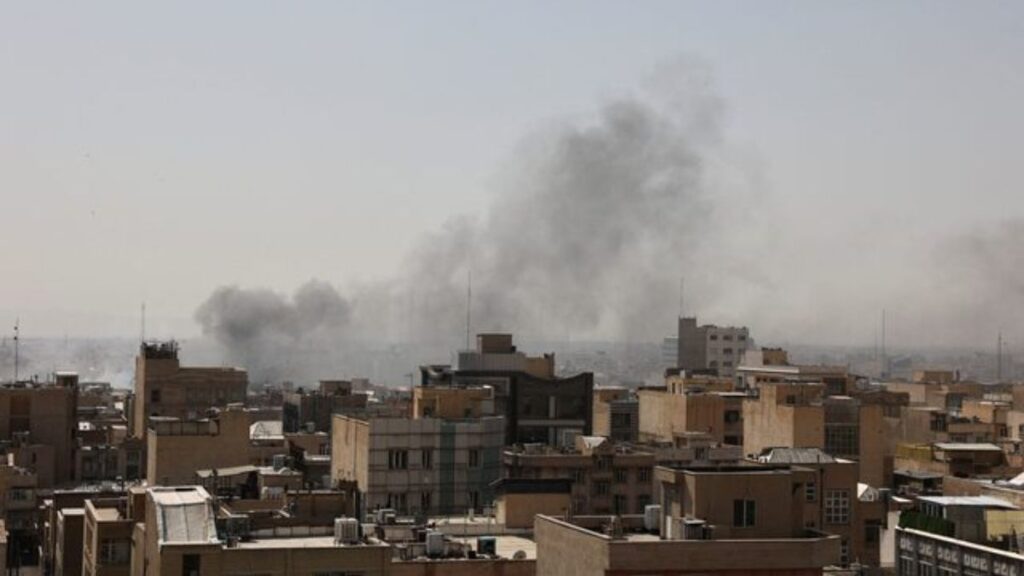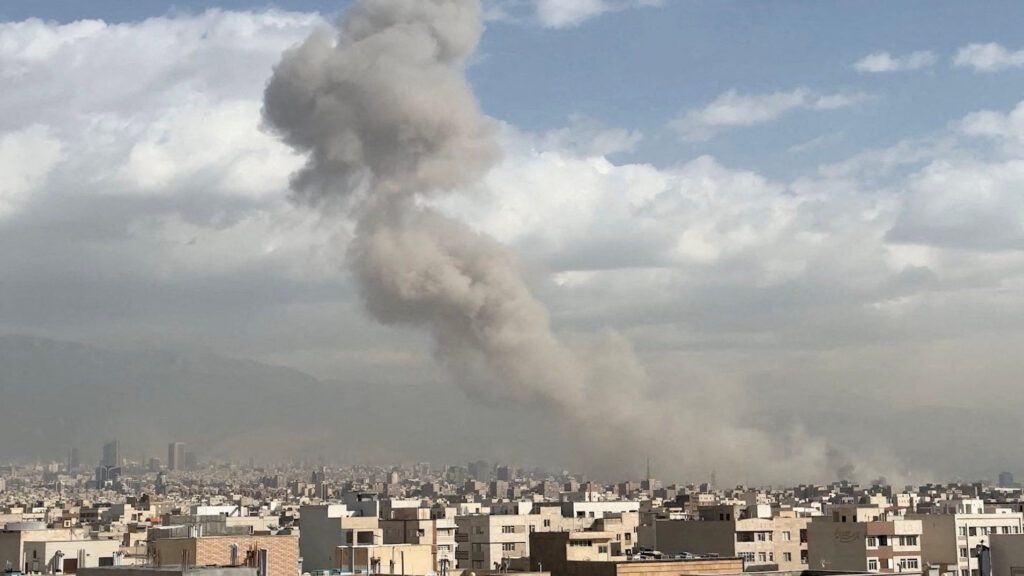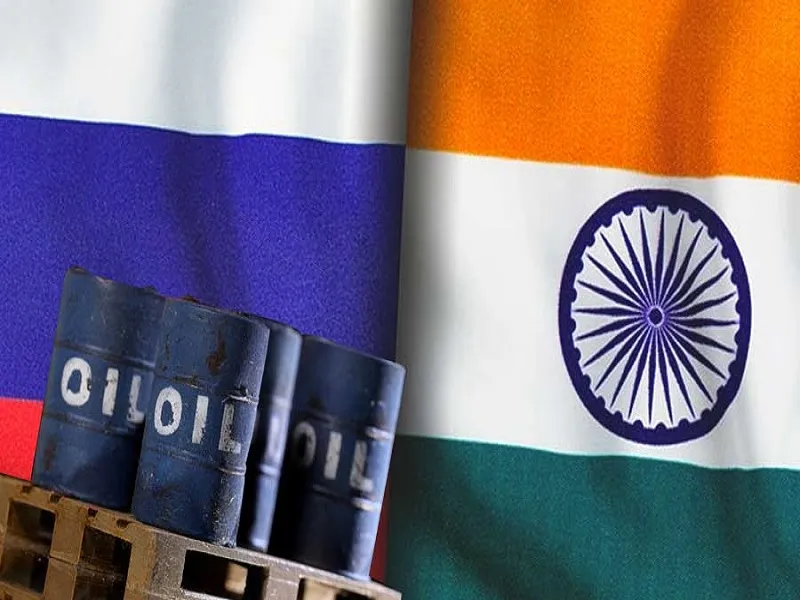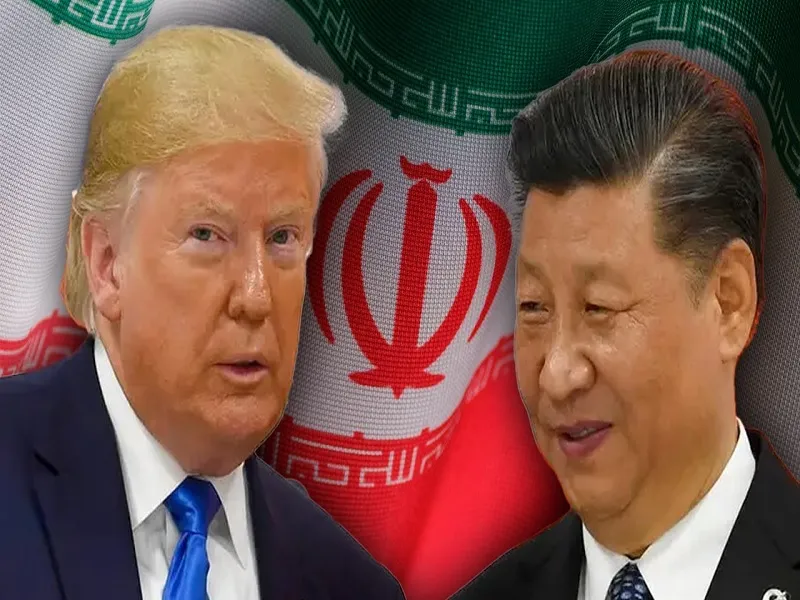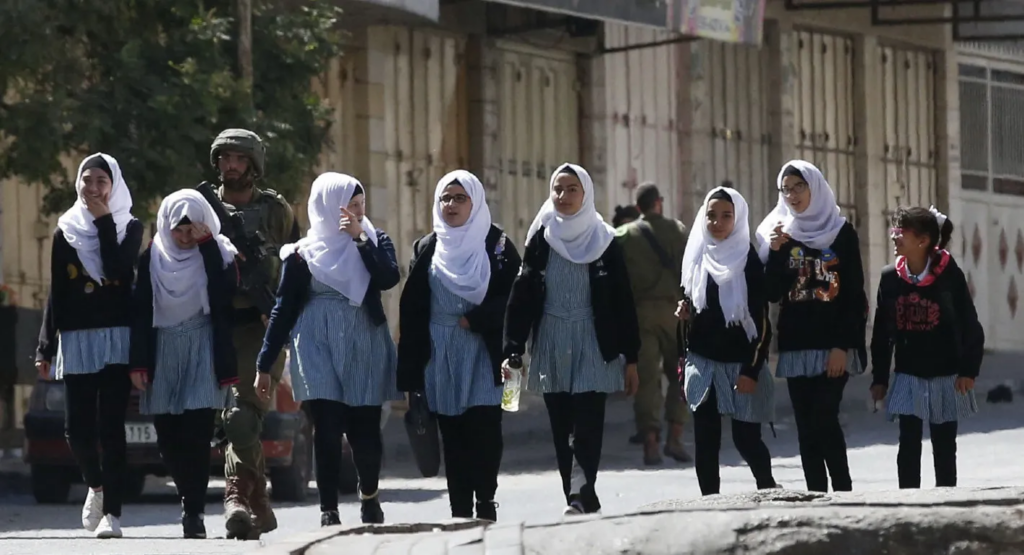Iran’s Dangerous Desperation
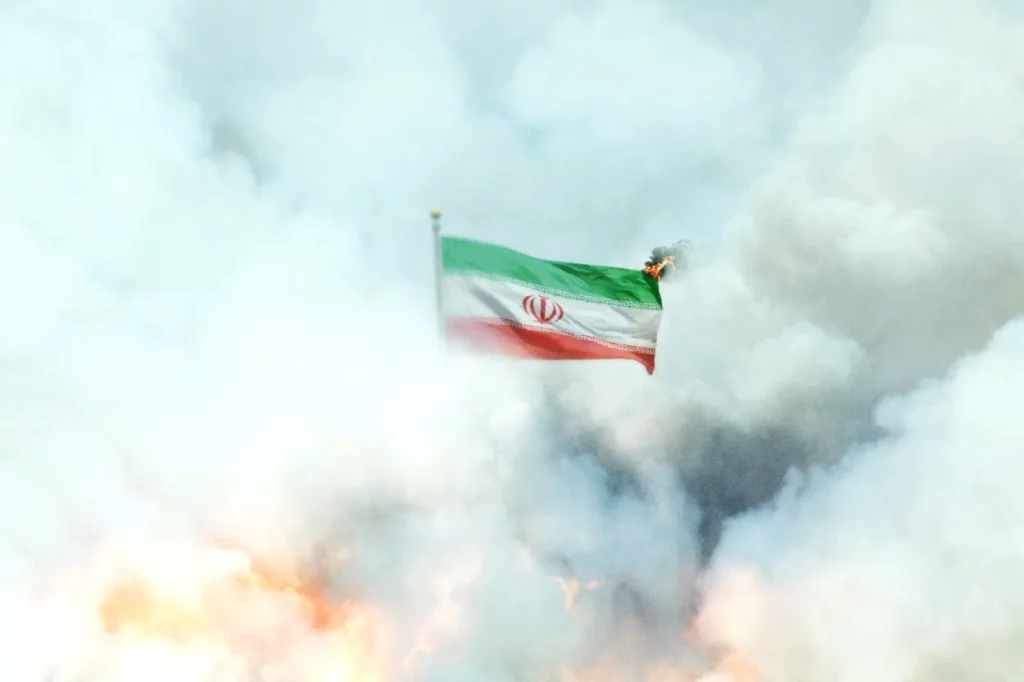
Rarely in modern history has a military offensive been as loudly and persistently foreshadowed as the June 2025 Israeli and American strikes on Iran’s nuclear program. For more than three decades, leaders in Tel Aviv and Washington have issued stark warnings about the Islamic Republic’s nuclear ambitions and activities, and five American presidents have pledged to prevent Tehran from crossing the threshold of nuclear weapons capability.

